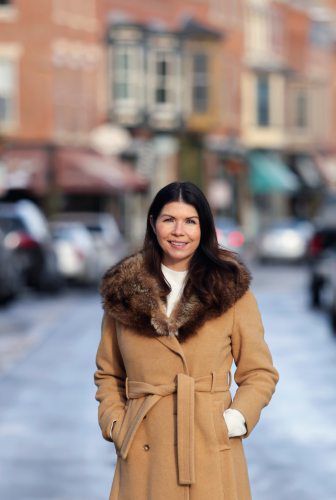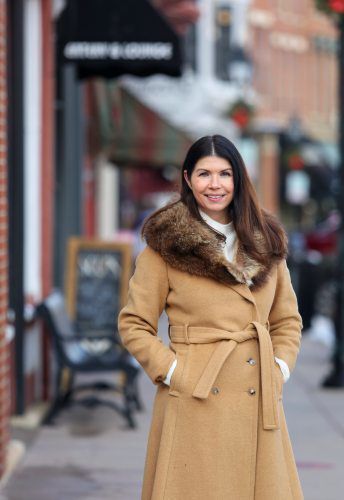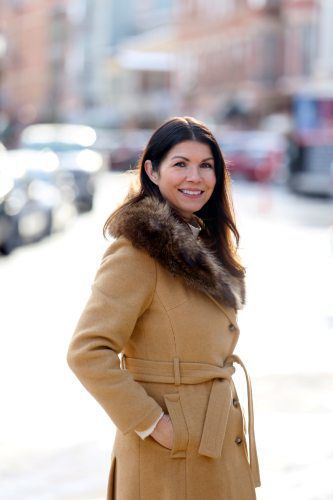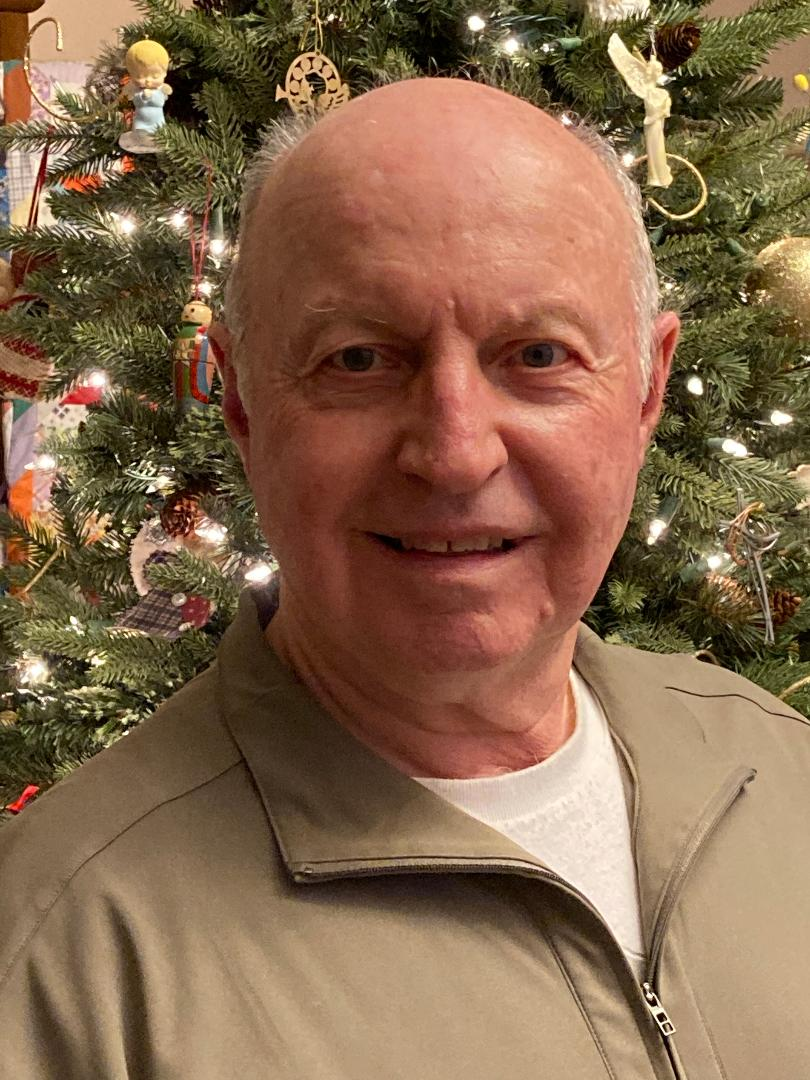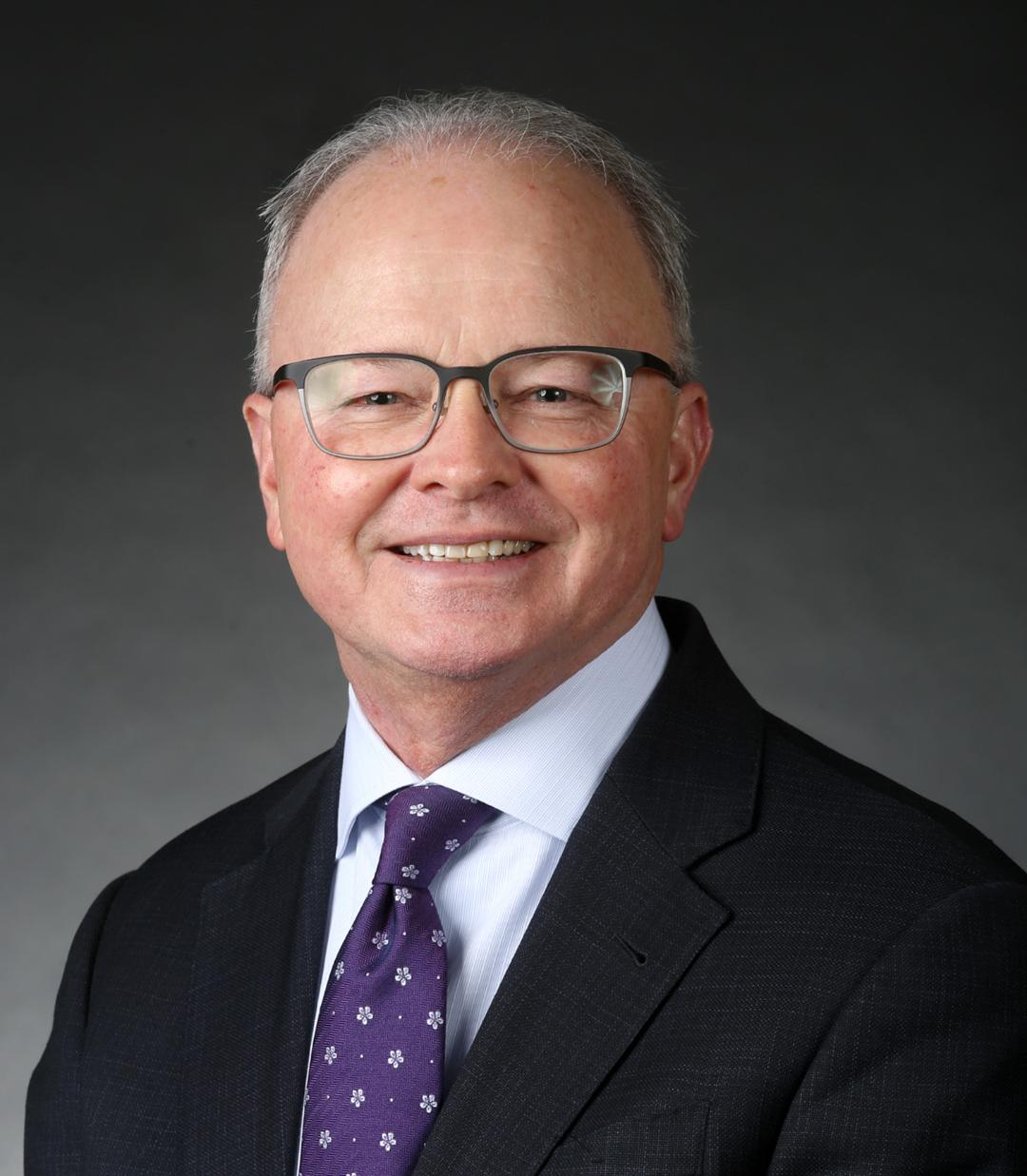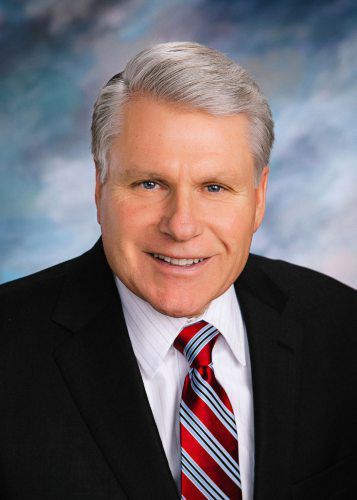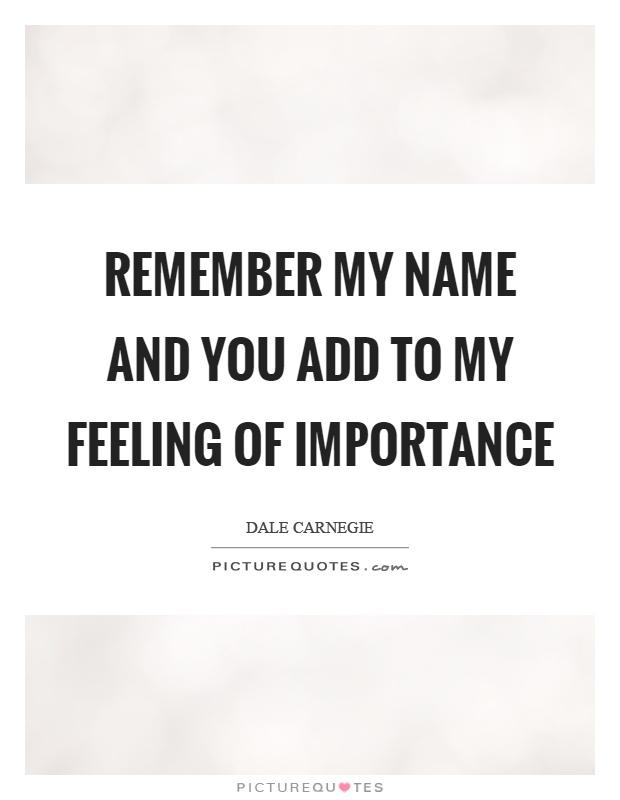When a business colleague remembers your name and uses it while speaking to you, it can be very flattering. If the CEO knows your name and uses it as you pass in the hallway (pre-pandemic) it brings a feeling of importance and of belonging to the company.
Knowing the names of co-workers and the people with whom you do business helps to build rapport and a stronger working relationship.
But then there are the lapses of memory when we forget the name of the person to whom we’ve just been introduced. Or, call someone by the wrong name. Or, totally blank on a name when seeing a business colleague at the grocery store, school event or soccer field. Or, remember only the name of the dog but not the owners’ name when meeting new neighbors while out walking.
Why does our brain play tricks on us? There are many reasons why this happens according to an article on bustle.com. Some of the reasons include not paying attention, not getting enough sleep or the name was incredibly common.
Remembering Names = Importance
Angela DeVere keeps a quote from Dale Carnegie on her home computer screen that reads “Remember my name and you add to my feeling of importance.”
DeVere, the executive director at the Galena Area Chamber of Commerce, works with five to 10 business owners and colleagues daily and about 1,200 contacts annually. For in-person meetings she and her staff wear name tags, which help with name recall.
“It puts people at ease when you call them by name and helps them to know that you appreciate who they are.” DeVere said. “I remember a time that after not seeing a customer for many months, I saw them out while grocery shopping, they were obviously having a stressful day. I walked over, and after calling them by name I offered them some assistance and an ear to vent to. After the conversation ended, they gave me a hug and said ‘Thank you so much for seeing me as person, and not just a customer.’ That type of interaction is important to all of us.”
She also recalls the time when she called someone “Doctor” in a mutual introduction and the man laughed.
“I couldn’t remember his name and saw his scrubs so I made a quick assumption. It turns out he was a nurse. I apologized and made a mental note to be more careful next time.”
DeVere counts a few childhood teachers and her former colleague, Jerry Howard from the Galena Chamber, as mentors in showing her the importance of remembering names and using them.
“Jerry is great at remembering names.”
Howard shared his tips. “Before I walk into a business, I review membership lists and business cards to make sure I know their names as it is a sign of respect and courtesy. I remember names by associating their face with the business that I met them through and then I can remember them.”
“Many years ago one of the senior VPs during a field training session explained how important it is to remember names and I never forgot it,” Howard said.
Memory-linking technique
“A person’s name is to that person, the sweetest, most important sound in any language,” Dale Carnegie said.
Carnegie wrote “How to Win Friends and Influence People,” and many other business books and was a pioneer in self-improvement, public speaking and leadership. Although he died in 1955, the Dale Carnegie Institute continues his work in 90 countries with business training classes and offers a class to help remember names which involves using a memory-linking technique.
In his book, “Public Speaking and Influencing Men in Business,” Carnegie writes “the secret of a good memory is thus the secret of forming diverse and multiple associations with every fact we care to retain.”
Carnegie’s memory-linking technique is to picture images that sound like a person’s name — and combine it with other things you know about them.
He uses the example of meeting Laura from Brazil. To remember her name, think of Laura wearing a laurel wreath on her head floating down the Amazon River.
The more silly the vision, the more likely you’ll remember the name. Try it with the names of your co-workers to see if the technique works for you.
Toastmasters tips
Toastmasters International is a nonprofit educational organization that teaches public speaking and leadership skills through a worldwide network of clubs. They also emphasize using names in their meetings.
“Learning names is part of our DNA at Toastmasters. Each Toastmasters meeting generally features 15-30 people, or sometimes more, who will speak during the course of a session. It’s our responsibility as members to recall those details using the strategies outlined below,” Margaret Page, Toastmasters International President-Elect said.
• Pay attention. Sounds simple, but so many of us don’t focus when introduced to a new person. Really slow down and listen to the name and how it is pronounced.
• Repeat the name out loud. Make a point to say the person’s name again when welcoming or introducing them: “Thanks for joining us today, William.”
• Repeat the name to yourself. Take a moment to repeat the person’s name to yourself when you stop speaking to them.
• Recall a unique detail. Most of us are visual learners, so associating the name with something physical will help. If Laura has brilliant green eyes, tuck that detail away. The next time you see Laura, you’ll notice her green eyes and will have an easier time recalling her name.
• Write the name down as soon as you can. Scribble it down in a notebook, perhaps with an identifying detail, so you’ll better remember the name next time.
Some clubs around the world have “2-Minute Member Moments” during which they share how Toastmasters has benefited members’ lives that week. Members have shared that these tips helped them in networking and other social situations.
“Experienced Toastmaster members are frequently asked what should be done about a forgotten name, for example, if the name of a new connection at a networking event slips the mind. In that case, we advise honesty: “I’m sorry, but I’m afraid your name has slipped my mind. Could you please remind me?” We’re all human, so we should all feel comfortable admitting such a thing,” Page said.
Page added that some clubs in the world not only remember first names, but the member’s last name, status, or elected position as this helps members understand how to use protocol in political and formal community meetings, as well. She would be introduced as “Toastmasters International President-Elect Distinguished Toastmaster, Margaret Page.”
Linking In
When Kurt Strand was first hired at the National Mississippi River Museum & Aquarium, he looked up each staff member on LinkedIn and memorized their name and face so that he could greet them by name when meeting them in person.
“My dad died when I was 9 years old. Prior to his passing, every once and awhile he would take me to the shop at his lithography company. I remember him walking in and knowing everyone’s name and it struck me that this was very important as a way to build relationships.”
Strand, president and CEO, said that they announce new hires at a town hall and if they are present, ask them to stand so staff will recognize them. They also have daily “team time” meetings with the floor and box office staff to go through daily activities.
“I would see most of our 100-plus staff daily, pre-COVID,” Strand said.
The staff and the 250 volunteers wear name badges. Strand said he wears his sometimes when he’s on the floor of the museum, but is usually all over the campus often without his badge.
“I started my career in sales and felt that if I could call our customers by their first name, and build a relationship with them, it would be difficult for them to say no to me if they saw me as a friend, not a salesperson,” Strand said. “In my previous positions at McGraw-Hill, I made a special effort to know our authors and customers and would attend any meetings with authors/customers to get to know them when they visited our office.”
When he first arrived in Dubuque, Strand attended the groundbreaking for the Diamond Jo Casino.
“I was also on a small board of directors and started talking to one of the attendees thinking he was also on the same board. I used the wrong name numerous times and did not realize I made a mistake until later that afternoon. The person I was talking to never corrected me, smiled while we talked and did not make any comment that I had used the wrong name throughout the conversation.”
Alphabet Soup
In addition to remembering co-worker names, the added stress of remembering company acronyms and their meanings can be overwhelming. Every company has acronyms and they vary by field and even by departments within a company.
Telecommunications, government, publishing and cybersecurity are some of the fields that utilize a lot of acronyms. There’s nothing worse than sitting in a meeting when someone tosses out an acronym or two or six and feeling like they are speaking a foreign language.
“Government is full of acronyms. I discourage their use in official communications so the public is not frustrated by not understanding what is being discussed,” said Dubuque City Manager Mike Van Milligen.
When he was at McGraw-Hill, Strand said that the company used a lot of acronyms and had a glossary so that staff could look up the meanings.
Lots of public contact
Van Milligen works with more than 700 people, plus the people in the community who like to share their input.
“I make an effort to remember people’s names because I think that shows you care,” Van Milligen said. “I find a good way to remember a name is by association. When you are reminding yourself to remember their name, associate something about them with that name. Maybe they told you a story about where they grew up. You can think about Mary from Poland. Maybe they told you their favorite activity is hiking. You can think Alice the hiker.”
“I remember how I feel when a person remembers my name. It makes me want to make others feel the same way.”
When off work, running errands Van Milligan often runs into people who say “hello” or want to discuss an issue.
“Often I take my two grandsons with me to the grocery store. One visit was particularly active with people taking to me. I walked down an aisle and a person walked by me and one of my grandsons said, ‘Grandpa, why didn’t you say hello,’ not realizing I don’t know everyone.”



